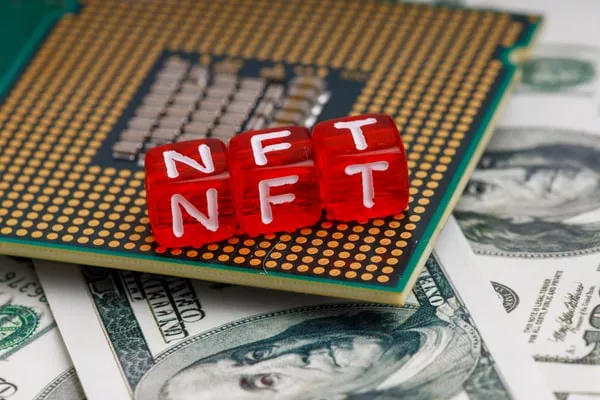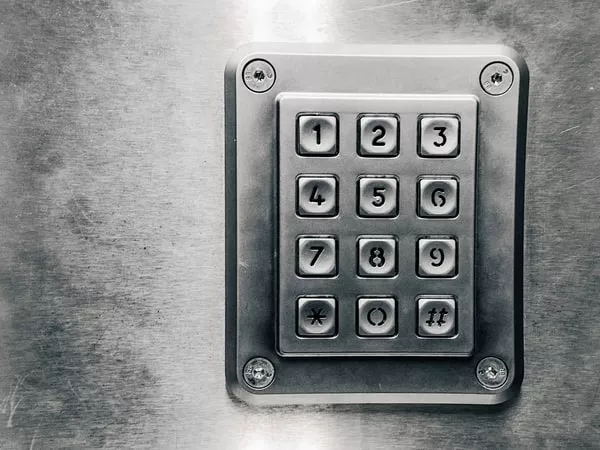No one wants to lose their assets. Anyone with valuable assets stands a lot to lose should these items be stolen physically or digitally. In this article, we’ll show you how to store both physical and digital assets. We’ll also provide some tips on keeping your assets safe. So, connect with LogicalDOC, get a session, and safeguard assets conveniently!
Physical Asset Tag
An asset tag is a means of identifying and tracking physical assets. They may be affixed to an object, such as a piece of jewelry, or to physical files, such as documents. An asset tag can have a quick response (QR) code that can identify and track the asset.
An asset tag can be used to track the movement of physical assets. For example, if a company has several locations, it can useasset tagsto keep track of which assets are at which location. This can help prevent theft and ensure that employees are using company property appropriately. An asset tag can also help companies manage their inventory. If a company is running low on a particular item, it can use the asset tag data to determine if it needs to order more from its suppliers.
Non-Fungible Token Storage
Non-fungible token (NFT) storage can take a number of different forms, depending on the needs of the user. For example, if you are an NFT art collector, you can store your NFTs on anNFT art website. This will allow you to keep your art safe and accessible from anywhere in the world.
Another option for storing NFTs is to use a decentralized storage network. This type of storage is secure and tamper-proof, making it a great option for storing valuable assets.
Finally, you can also store NFTs in a hardware wallet. This is a physical device that stores your NFTs offline, making them immune to hacks and cyber attacks.
Physical Storage
When it comes to storing your assets, you have a few different options to choose from. The first option is physical storage, which involves keeping your assets in a physical location, such as asafe deposit boxor home safe. This is generally considered to be the most secure option, as it’s difficult for criminals to gain access to your assets. However, it can also be inconvenient if you need to access your assets quickly or if they are spread out across multiple locations.
Cloud Storage
Cloud storage is a term used for storing data and files online using a cloud-based service provider. This means that you can access your files from anywhere in the world as long as you have an internet connection. Cloud storage is typically cheaper and more convenient than physical storage, but it can be less secure if your provider suffers a data breach.
Cloud storage is a great option for backing up your files, as well as for sharing files with others. You can easily access your files from any device, and you don’t have to worry about them taking up space on your hard drive. Cloud storage is also a fantastic option for accessing your files when you’re traveling.
It’s important to keep in mind that your files are only as safe as your provider’s security measures. If your provider experiences a data breach, your files could be compromised. That’s why it’s important to choose a provider that takes security seriously and has a good track record.
Digital Wallets
A digital wallet is a software application that stores your digital currency,such as Bitcoin, and allows you to conduct transactions with others using your smartphone or computer.
These wallets offer convenience and security, but they can be vulnerable to hacking attacks if not properly secured. To protect your digital currencies, be sure to use a strong password and store your wallet on a device that is not easily accessible to hackers. Also, be sure to back up your wallet regularly in case your device is lost or stolen.
Storing Your Assets
There is a myriad of ways to store your physical and digital assets. If you need to store valuable assets, consider using an asset tag, NFT website, physical storage, cloud storage, or digital wallet. Just remember that every storage option has its pros and cons, so evaluate your needs before making a decision.











